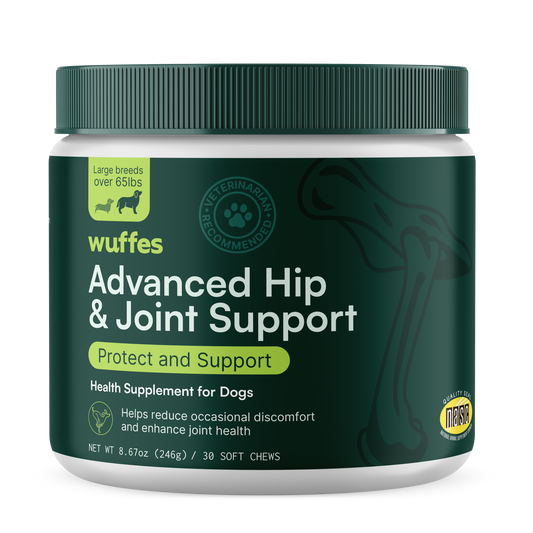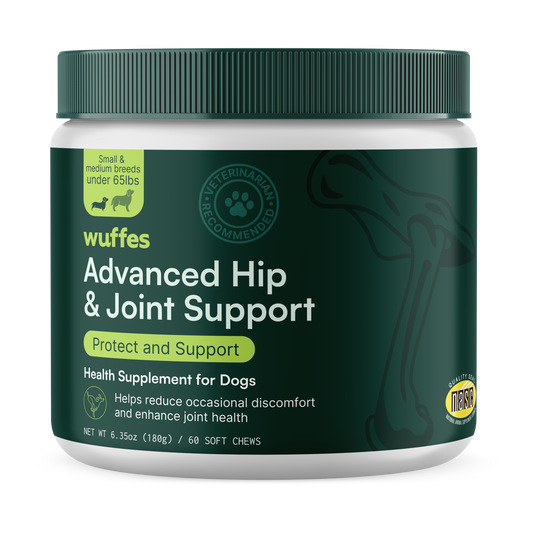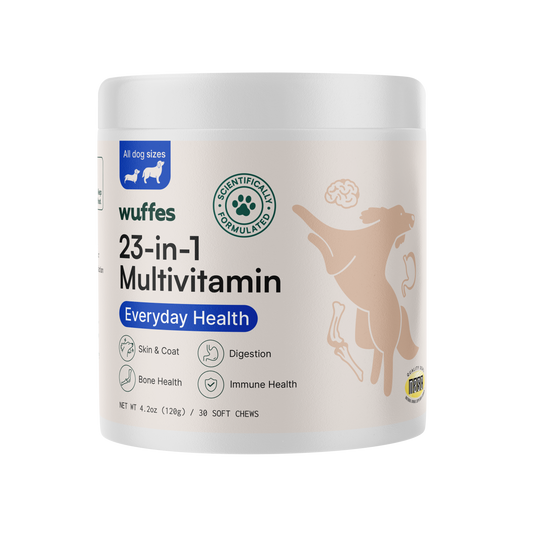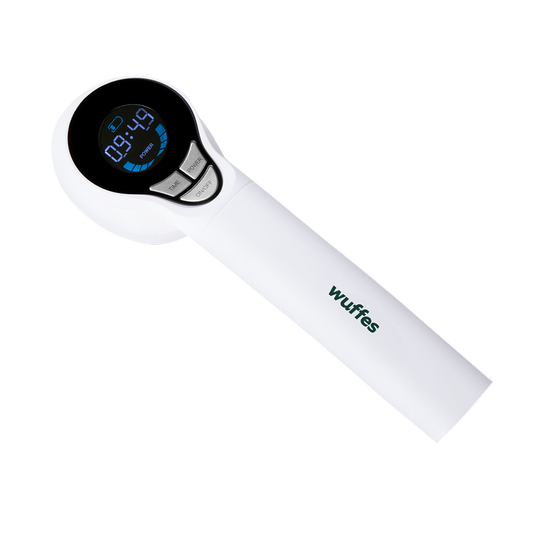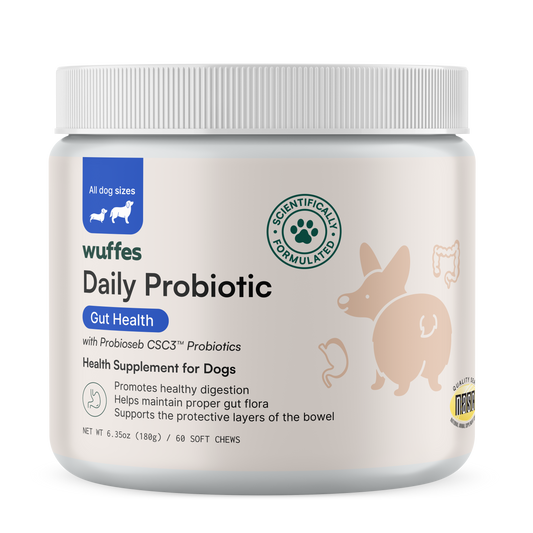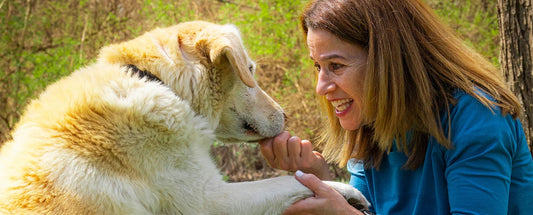One of the common concerns for potential dog owners is shedding. While it's normal for dogs to shed, excessive shedding can often be managed effectively.
What causes shedding in dogs?
Shedding is a natural process through which dogs lose damaged or dead fur to make way for new, healthy growth. Some breeds, such as Labrador Retrievers, Chow Chows, Siberian Huskies, and German Shepherds, are known to shed more due to their thicker coats.
Dogs typically shed more heavily during spring and summer, while they may experience minimal shedding at other times of the year. However, excessive shedding beyond seasonal patterns could indicate underlying issues.
Common causes of excessive shedding include:
- Imbalanced Diet: Lack of essential nutrients, particularly lean proteins, fruits, and vegetables, can lead to nutritional deficiencies that affect coat health.
- Hormonal Imbalances: Conditions like thyroid disease can disrupt normal shedding patterns.
- Parasites: Fleas, ticks, and mites can cause intense itching, leading dogs to scratch or bite at their skin, resulting in hair loss and skin problems.
- Improper Hygiene: Some dog shampoos may contain harsh chemicals that irritate the skin, while over-bathing can strip natural oils, causing dryness.
How can I reduce shedding?
To help manage your dog's shedding, start by focusing on their diet. Providing the right nutrients is essential for maintaining healthy skin and a shiny coat.
- Healthy Fatty Acids: Incorporate Omega-3 and Omega-6 fatty acids into your dog’s diet. Our Wild Alaskan Fish Oil is an excellent source of Omega-3s, known to support skin health and reduce shedding.
- Vitamins and Nutrients: Look for a multivitamin formulated for dogs that contains essential nutrients like Vitamin A, Biotin, Vitamin C, and Niacin. These can help moisturize and condition your dog's coat, preventing excessive shedding and dry skin. Our 23-in-1 Multivitamin is designed to provide these essential nutrients to support overall health.
Additional care tips
- Use Mild Shampoo: Opt for a gentle dog shampoo to avoid skin irritation. Limit baths to twice a month unless your dog gets particularly dirty.
- Regular Grooming: Brush your dog's coat at least three times a week. This helps remove loose fur, prevents matting, and reduces the risk of flea infestations. Choose the right brush based on your dog’s coat type.
- Furniture Protection: Consider covering furniture and car seats with washable throws or blankets to manage shedding and protect surfaces.
Conclusion
Managing shedding in dogs is achievable with a proactive approach. By focusing on a balanced diet rich in essential nutrients, using appropriate grooming techniques, and maintaining proper hygiene, you can minimize shedding and keep your home fur-free (ish).

